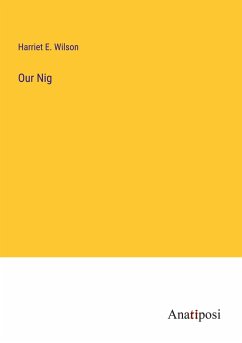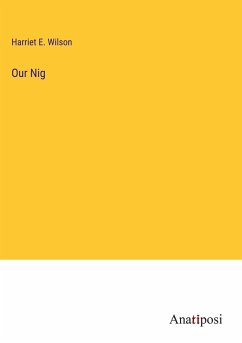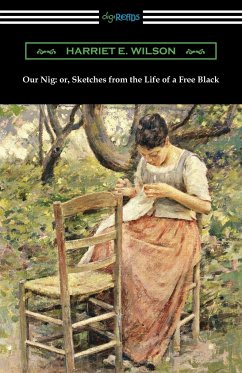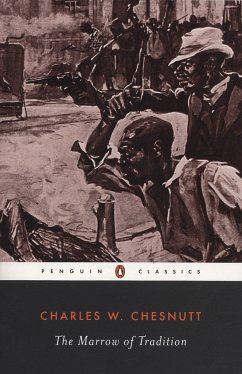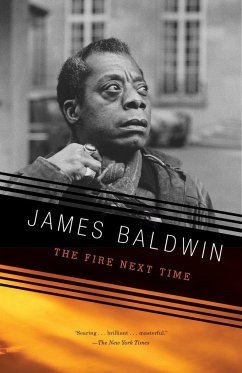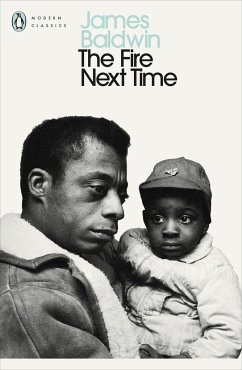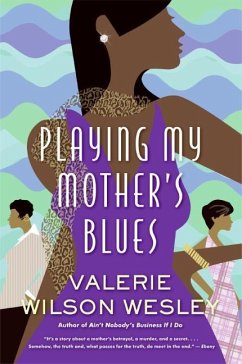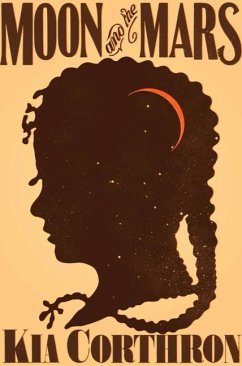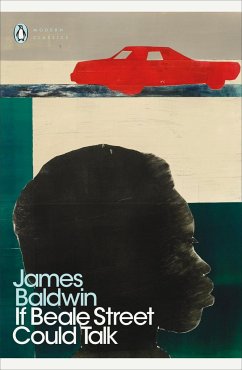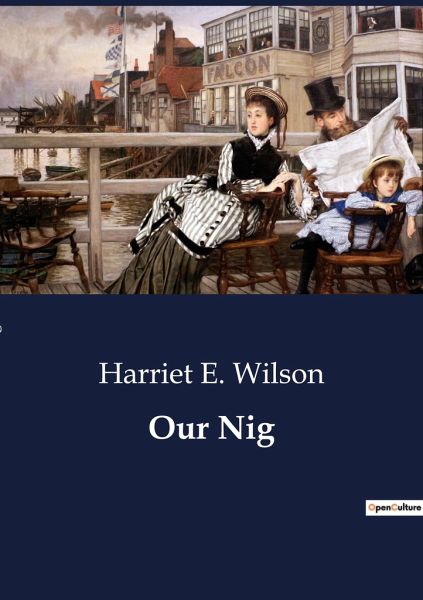
Our Nig
Versandkostenfrei!
Versandfertig in 1-2 Wochen
19,95 €
inkl. MwSt.
Weitere Ausgaben:

PAYBACK Punkte
0 °P sammeln!
Considered the first novel by a female African-American, Our Nig was ignored upon first publication in 1859 and lost for more than 100 years. The novel achieved national attention when it was rediscovered and reprinted in 1983. Our Nig tells the story of Frado growing up as an indentured servant in the antebellum northern United States. Like Our Nig number of novels and other works of fiction of the period were in some part based on real-life events, including Fanny Fern's Ruth Hall; Louisa May Alcott's Little Women; or even Hannah Webster Foster's The Coquette.





